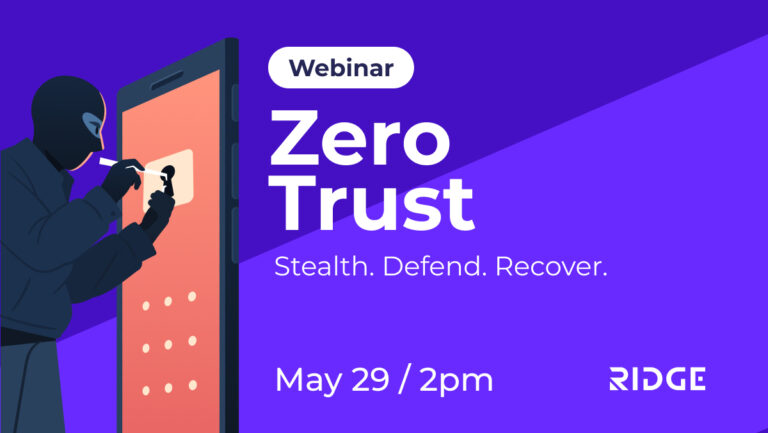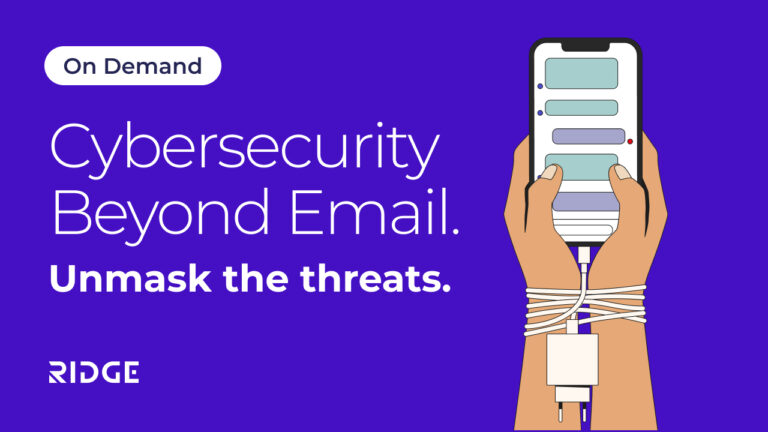Make IT Work Smarter,
Not Harder
Pro Cyber Security Strategies
If you’re running a small business, you know IT security shouldn’t be a bottleneck. Here’s what we’ve learned helping hundreds of Tampa Bay businesses make their technology work smarter, not harder.
1. Leverage What You Already Have
Before buying new software, check what’s included in your existing Microsoft 365 subscription. Many cloud security features are built-in but underutilized:
- Multi-factor authentication
- Data loss prevention
- Basic endpoint protection
- Email security filters
Pro Tip: Start with the Basics
Configure security defaults in your existing platforms before investing in new tools. The gap between owning and leveraging these tools is where most security breaches happen. Even basic cybersecurity services can make a significant difference when properly implemented.
Most small businesses already own powerful security tools—they just need to be configured properly.
Perry Schumacher Chief Strategy Officer Tweet
2. Think Resilience, Not Just Protection
Real-World Example
A Tampa architecture firm had their principal’s laptop stolen during a client meeting. Because their system was properly configured, they:- Grab a spare laptop
- Log in securely
- Remotely wipe secure data
- Resume operations in under 15 minutes
For law firms and financial services, this level of resilience isn’t just convenient—it’s critical for compliance and client confidence.
Business interruption shouldn't exist in 2024. The technology exists to make your operations resilient—often using tools you already have.
Perry Schumacher Chief Strategy Officer Tweet

3. Make Remote Work Actually Work
Small businesses often struggle with secure remote access. Remote work has a fatal flaw, essentially you are extending your corporate network’s vulnerabilities into employees’ homes. To work smarter we trust Microsoft Intune and Autopilot to protect corporate data.
Here’s what effective IT support in Tampa looks like:
- Employees can work securely from anywhere
- New devices can be configured remotely
- Data stays protected regardless of location
- Access is granted based on role, not location
To achieve secure connectivity without inheriting home network vulnerabilities, discover our implementation approach.
Quick Win
Set up Microsoft’s built-in mobile device management to work smarter. It’s included in most business subscriptions and provides basic managed IT services functionality.
4. Scale Without Breaking
The Growth Challenge
A local marketing firm grew from 10 to 50 people in 18 months. Their ICAM solutions needed to scale quickly. Here’s what worked:
- Cloud-first infrastructure
- Role-based access control
- Automated onboarding workflows
- Standardized security policies
Common Growth Pitfalls
The question isn’t just “When do I need another IT person?” but “Am I maximizing my current resources?” Teams are often misaligned with:
- Right tools, wrong expertise
- IT capabilities don’t meet business needs
- Reactive rather than strategic scaling
An indicator that you’ve outgrown your tech: employees yelling in frustration. We’ve guided companies from startup to enterprise, and we know the critical IT staging points.
Growth shouldn't break your IT. Build it right from the start, and scaling becomes automatic.
Perry Schumacher Chief Strategy Officer Tweet
5. Partner Smart
Your IT provider relationship is valuable. When adding managed security services, look for providers who work smarter. Watch out for:
- Vendors who just push the cheapest tech
- Vendors who hange your account manager monthly
- Vendors who offer zero support
- Local providers stuck in the past, billing by the hour
- Local providers creating problems to solve them
Green Flags That Matter:
- Dedicated point of contact who stays with you
- Cooperative purchasing power for enterprise-grade solutions
- Proactive strategic planning, not just break-fix
Free Resources for Small Businesses
We’ve compiled these guides to help:
Whether you work with cybersecurity companies in Washington DC, Atlanta, Miami, or Tampa like us, partners like CrowdStrike, Qualys, and Picus Security, or handle IT internally, these principles will help you work smarter.
6. Automate the Boring Stuff
Small business IT shouldn’t require constant attention. Automation isn’t about setting and forgetting. It’s about intelligent management:
- Qualys-managed patching that identifies and validates updates
- Real-time monitoring for patch impacts
- Immediate rollback capabilities when needed
Start Here
Use Microsoft Intune and Autopilot (included in many subscriptions) to automate basic IT tasks. It’s like having a managed services assistant for free.
The best time to improve security isn't after an incident. It's when things are running smoothly and you can think clearly.
Perry Schumacher Chief Strategy Officer Tweet
7. Know When to Call for Help
Clear Signs You Need Support:
- Security incidents taking longer than 4 hours to resolve
- Your IT team has no plan of action for an attack
- You can’t identify who handles your security or what they actually do
- Security measures are reactive instead of proactive
- Employees regularly working around security measures
- Uncertainty about data backup status
Don’t Wait: These symptoms indicate deeper systemic issues that could be putting your business at risk. These aren’t just problems—they’re symptoms of an iceberg. The longer you wait, the more vulnerable you become.






